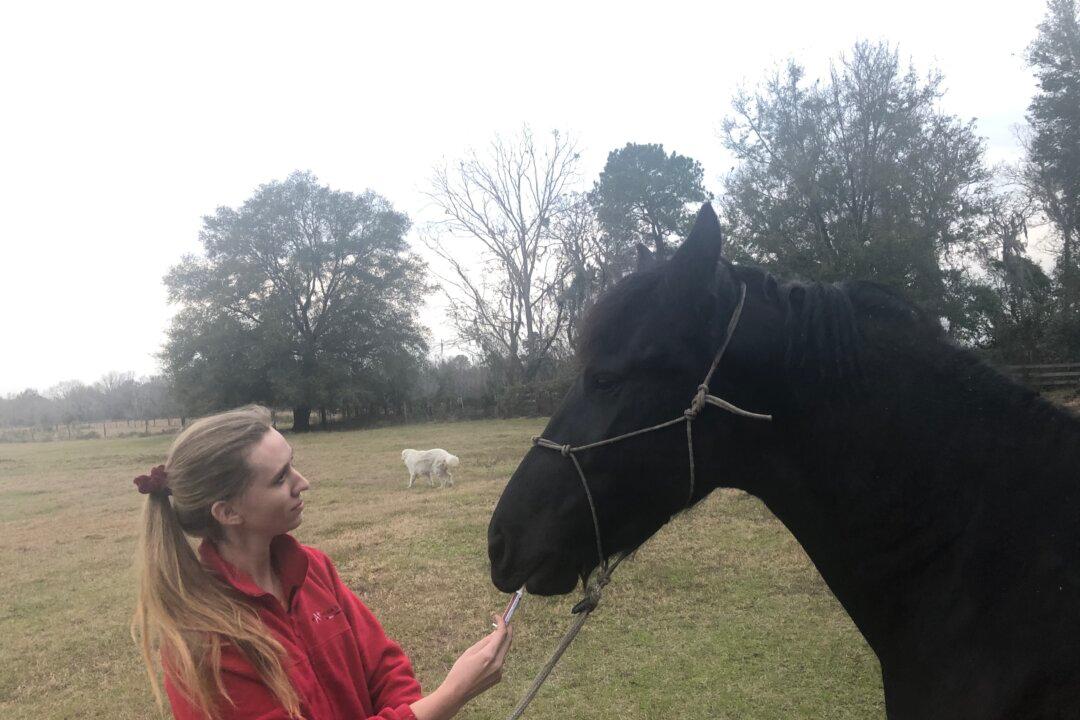Feed stores around the country are discouraging shoppers from buying ivermectin formulated for livestock for use in treating or preventing COVID-19 in humans.
But despite their warnings, they are finding it hard to keep animal ivermectin in stock, workers at retailers specializing in animal products told The Epoch Times.





